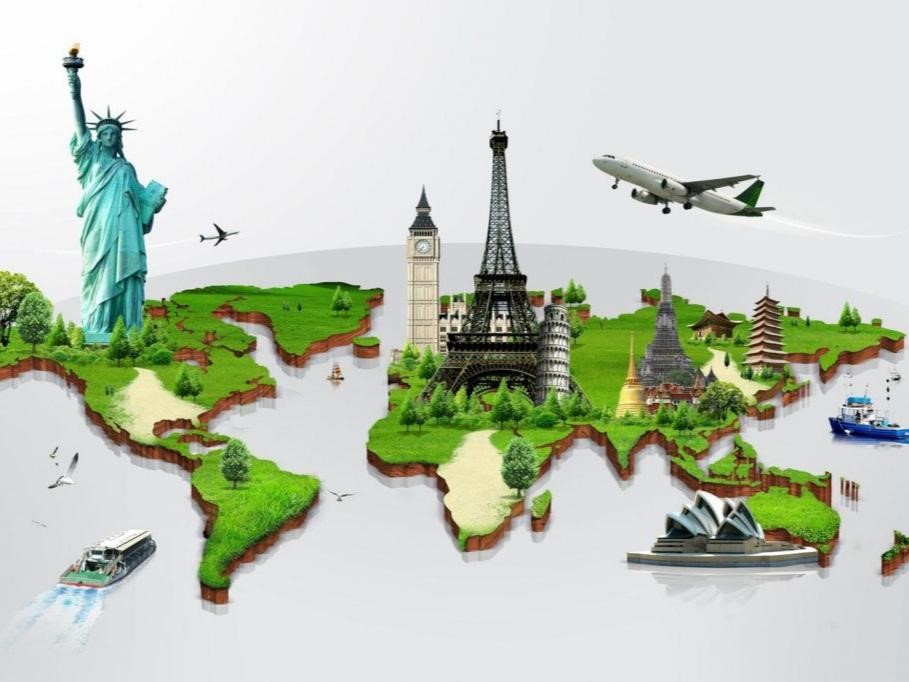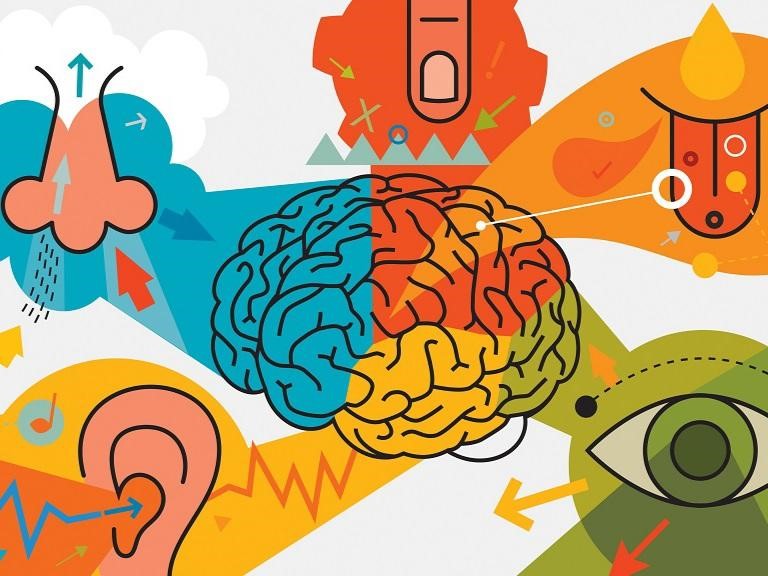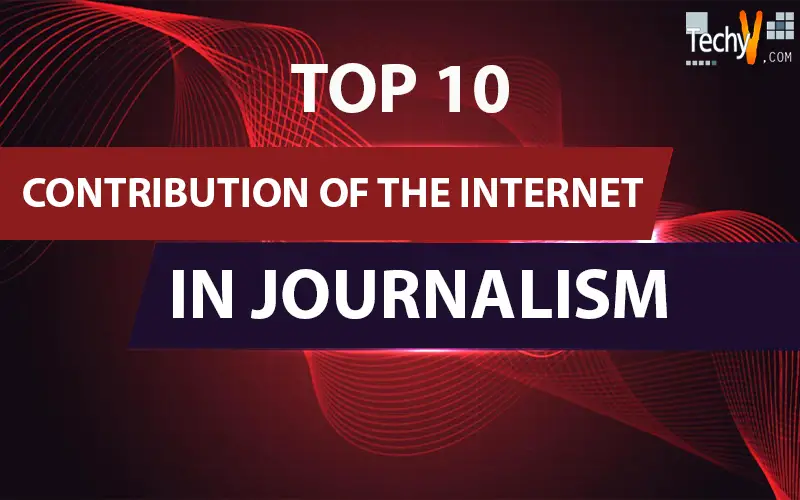The Internet has given rise to new media. New media is Internet-driven media. When the traditional media (newspapers, radio and television) connects with the internet, it becomes new media. Websites, Blogs, Email, Social media, streaming platforms etc all come under the New Media. Earlier with the conventional form of media, the audience was restricted to the locally available media. But the Internet has given access to the media of the entire world. Now someone in India can even read an American newspaper. The advent of the Internet in journalism has taken the industry to new levels. Such top 10 contributions of the Internet in journalism are mentioned below.
1. Feedback
Feedback in any communication is important. It tells the sender whether the message sent was effective or not. In traditional media, the audience has been mostly on the receiving end. However, with the Internet in the scenario, the audience can share and express their opinions on the issues. The audience can deliberately discuss the events among themselves in new media. The traditional media was one-way communication but the new media is two-way communication.

2. No Geographical Boundary
Unlike the traditional media, there are no geographical boundaries in new media. Before new media one had to satisfy their knowledge hunger with the local papers available to them. But now everyone has access to news of the entire world. Hence, one can become aware of different perspectives on the same issue and make more efficient decisions.

3. Citizen Journalism
With the advent of Information and Communication Technology and the internet being an interactive platform, many people are participating in journalistic activities by capturing and sharing news globally. In the traditional media people were always the audience but with the internet now they can create content and share it. Also, the journalists cannot reach every corner to gather news, at such times the locals participate and cover the news, share it with the media houses and eventually with everyone.

4. Instantaneous
The speed with which the internet helps to disseminate news and other information is unmatched by any other media. It has put the print media in danger. It has forced the print media to come up with their E-versions and social media accounts to compete or rather accept the new media.

5. ePaper
A digital newspaper is the online edition of a newspaper. Few publications have either only online versions or they may be digital versions of their printed paper. Newspapers like the Times of India, The Telegraph, The Indian Express, and The Hindu all have both print and online versions. In crowded places like trains and buses, reading a printed version may not be easy. However, anyone can read the ePaper while travelling.

6. Fast Research
With almost everything being available online, it is now easier to do research work anytime and from anywhere. The Internet is important for researching ideas, for article topics or searching for facts and quotes to include in the stories. The computer-aided research adds to enhance the offline research but does not displace classical study.

7. Sensory
With human senses, humans can directly relate to experiences. New media provides a multisensory experience. New media already provides sensory experience through sight, sound and touch. Smell and taste, probably, may not be far behind. With the technological advances in AR, VR, and 5G, it is believable that digital experience will change from screen-based to sense-based in the time to come.

8. Fact-Checking
With the Internet bringing many benefits and facilities, it has also brought in fake news in the scenario, like never before. It’s more important than ever that everyone learns how to fact-check information online. In Journalism, it is even more important. With almost everything being available on the Internet it provides faster and easier fact-checking.

9. Easy Contacts & Sources
Although the primary means of communication remains in-person meetings or over the telephone. Internet is also helping people build relations. It was particularly more observed during the lockdowns when people were restricted to their homes. Internet helps to build and maintain contacts. Internet helps the journalist to contact their sources, and vice versa, instantly, anytime and from anywhere.

10. Knowledgeable Population
The Internet provides News 24×7 in a variety of ways. One has access to their favourite news channels, newspapers, or magazines. Few websites cost them, however, a large number of websites provide news for free. The free news has led to people consuming more news and constituted a more knowledgeable population.

The Internet is shifting the power from the hands of news organizations and journalists to the people. Easy internet access has created a more educated population which are not only actively participating in news reading/watching but also creating. However, things like fake news, poor quality content and misinformation remain a major concern. What would be your suggestion to deal with these problems?


















